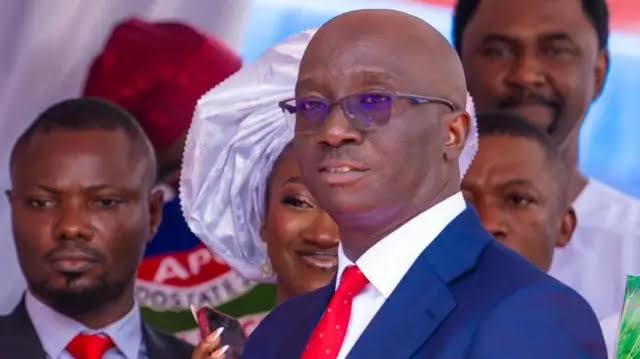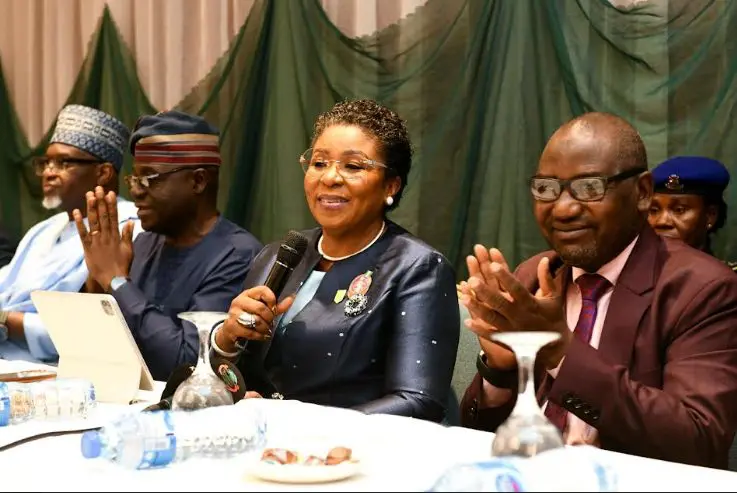In the wake of the recent nationwide protests that spotlighted the challenges of Nigeria’s current political system, a former governor of Abia State, Orji Uzor Kalu, has renewed his call for a shift towards a regional system of government.
In a statement, the former governor emphasised that regionalism could be the solution to Nigeria’s persistent governance issues, offering a more decentralised and effective system to address the country’s complex and diverse needs.
Kalu pointed out that whenever the country faces political or economic crises, it is the Federal Government that bears the brunt of public dissatisfaction.
He argued that the lack of clear political direction has led to states and local governments abdicating their responsibilities, leaving the federal tier to handle issues that could be better addressed at a regional level.
“The recent protests asked all of us to reflect on whether our current federal system is truly functioning or whether we are stuck in a hybrid model that fails to meet the needs of this great nation,” Kalu stated.
He stressed that regionalism could provide the answer by promoting decentralisation, where power is shared between the central government and autonomous regional entities.
According to the senator, regional governments would be better positioned to address local issues, such as education, healthcare, and infrastructure, while promoting economic growth and cultural preservation. He argued that regional autonomy would improve representation, bringing the government closer to the people and reducing the strain on the Federal Government.
Kalu also points out successful examples of regional governance in countries like the United States, Germany, Brazil, and Switzerland. He urged Nigeria to take lessons from these systems, adapting the principles of federalism, confederation, devolution, or regionalisation to suit the country’s unique political landscape.
“The time has come for this administration to revisit the idea of regionalism. It is the only path to help us clear the avalanche of issues we face,” Kalu reiterated.
While acknowledging the potential challenges of implementing regionalism, such as funding and coordination between central and regional governments, Kalu remains optimistic about its benefits.
He believes regionalism would foster accountability, ensure better resource allocation, and encourage regional development, which are crucial for addressing the nation’s economic and political concerns.

 3 months ago
77
3 months ago
77















 English (US) ·
English (US) ·